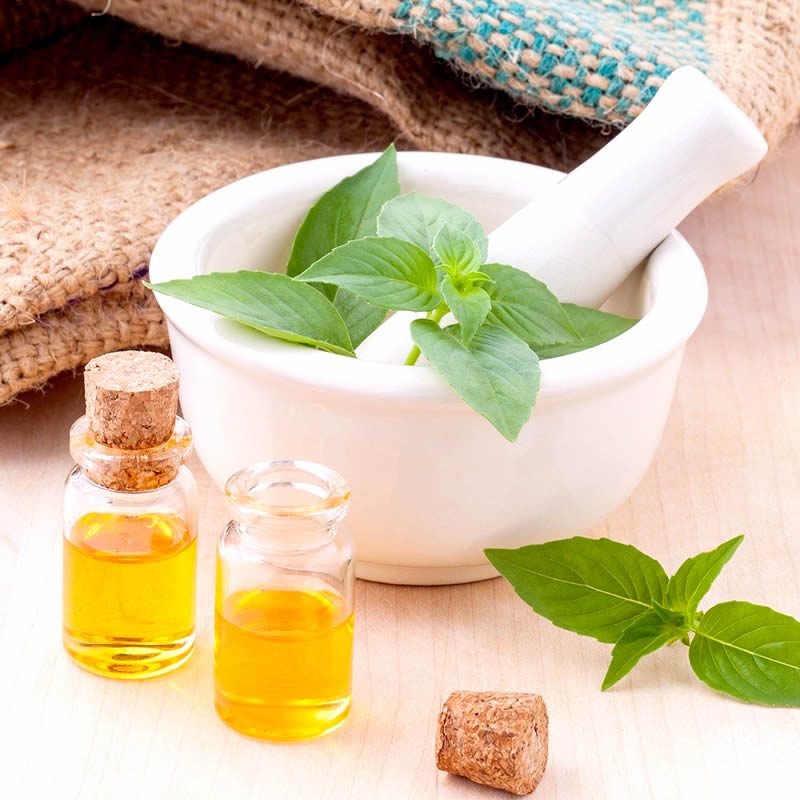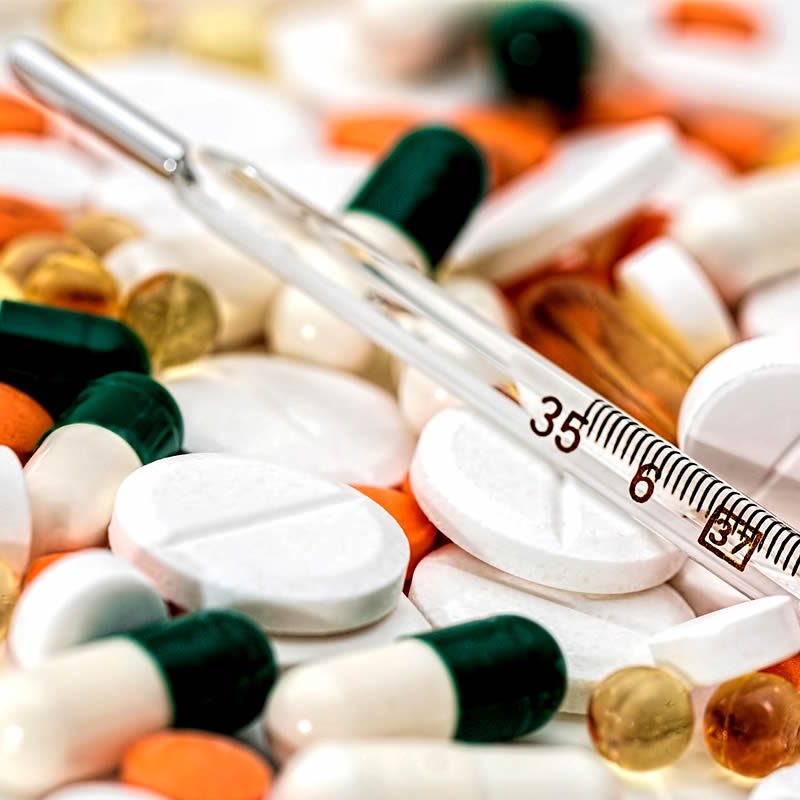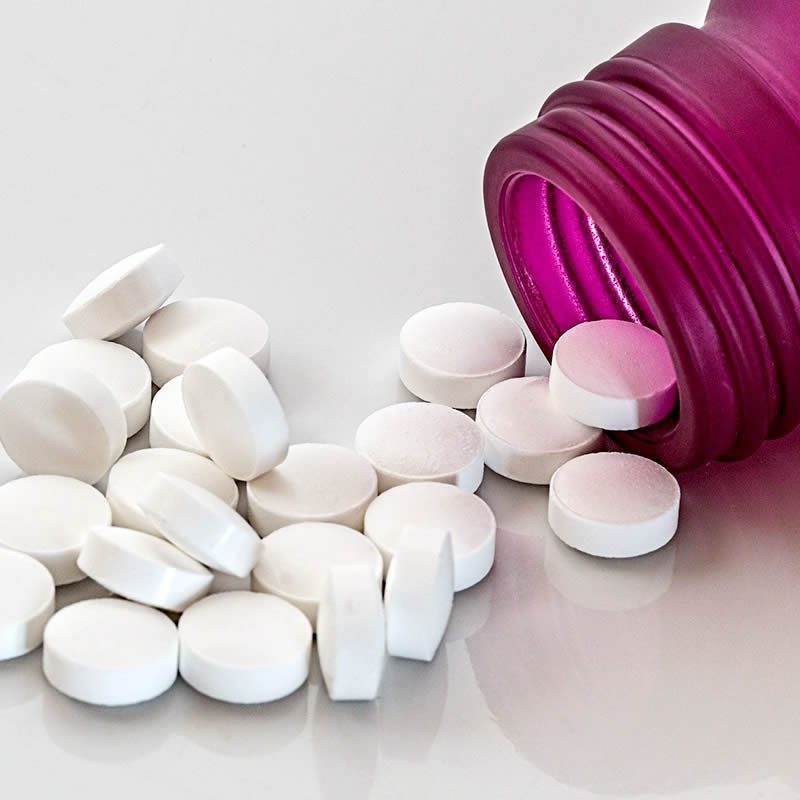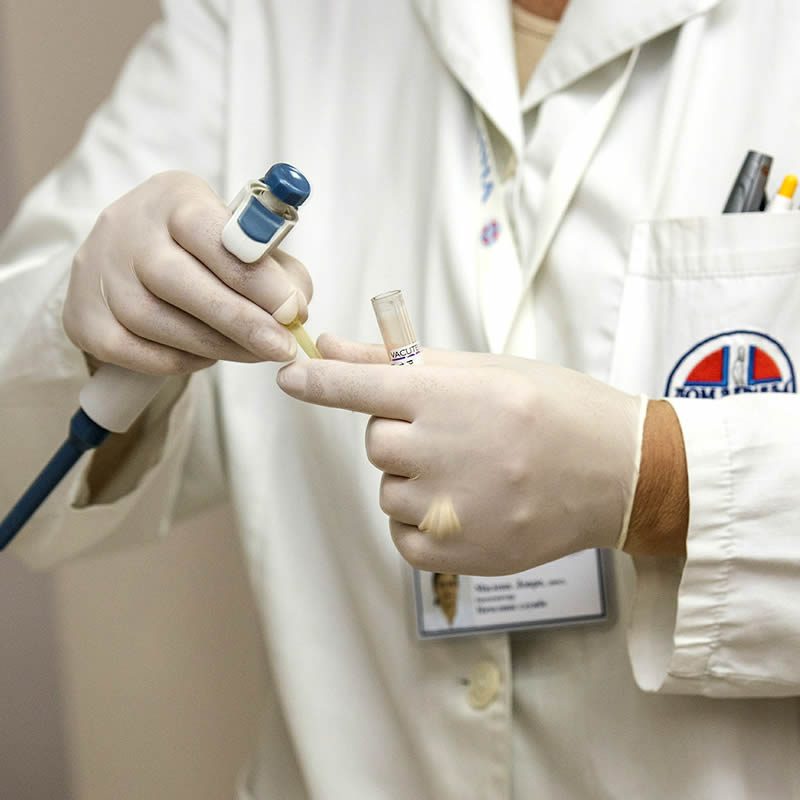
Our department is equipped with HPLC, FTIR, and UV-Visible, Karl Fischer, Spectrophotometer, Scientific Microwave Oven, Spectro flouriometer, Auto tritrator and Flame photometer. The department plans to start two new M. Pharm. Courses in quality assurance and establish a computer aided drug design laboratory.


Study of the biochemical & physiological effects of drugs & mechanisms of action
“What the drug does to the body”
Deals with the absorption, distribution, biotransformation &excretion of drugs
“What the body does to the drug”
Study of drugs used in the diagnosis, prevention, suppression & treatment of diseases
“Deals with beneficial effects of the drugs (medicines)”
Study of biologic toxins, study of poison & its effects deals with deleterious effects of physical & chemical agents (including drugs) in human

